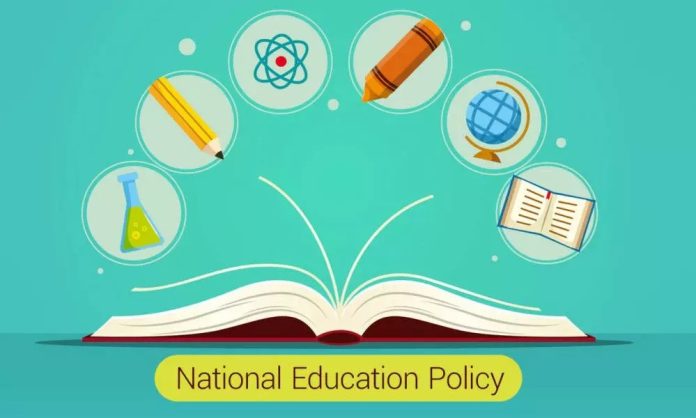Prime Minister Narendra Modi has shared an article written by Union Education Minister about National Education Policy.
Responding to the X post of Union Minister, Dharmendra Pradhan, the Prime Minister posted on X;
“Union Education Minister, Shri @dpradhanbjp, writes how the comprehensive National Education Policy 2020 has been framed to make education in India inclusive and wholesome as well as rooted and futuristic… Do read!”
Union Education Minister, Shri @dpradhanbjp, writes how the comprehensive National Education Policy 2020 has been framed to make education in India inclusive and wholesome as well as rooted and futuristic… Do read! https://t.co/CLY5eOV0tX
— PMO India (@PMOIndia) September 5, 2023
The “New Education Policy 2023” is a significant step in India’s education journey, emphasizing comprehensive learning, digital skills, and practical abilities. It’s part of the updated National Education Policy, aiming to make India a global education leader.
Following is the list of the major reforms in Education Policy according to the NEP 2023:
• There will be no discernible divide between the arts, sciences, academic, vocational, curricular, and extracurricular disciplines.
• Foundational Reading and Numeracy will be prioritised.
• The 10+2 structure is replaced by a 5+3+3+4 model.
• No state language is imposed on students studying in any state.
• Students are permitted to take the Board Examinations twice.
• Instead of 1.7%, the government will spend 6% of the country’s GDP on education.
• The fund for gender inclusion will be completely established.
• The undergraduate courses will last four years.
• A 4-year integrated B.Ed Course will be required to apply for the position of teacher.
• A Common Admission Examination for admission to HEIs will be implemented.
• The Master of Philosophy programme will be phased out of the educational system.
• In Secondary School, pupils will be able to choose from a variety of disciplines such as arts and crafts, vocational courses, and physical education.
• The PARAKH (Performance Assessment, Review, and Analysis of Knowledge for Holistic Development) organisation will define the standards for Board Examinations. The government will make Indian literature and other classical languages part of the educational curriculum.
• Instead of every academic year, students’ exams will be held only in classes 2nd, 5th, and 8th.
The new education policy has retired the traditional ways of learning and rejuvenating the education sector. Since the government’s outlook has changed towards the country’s education system, school management and parents are also realising the need to align their children’s education with the new education system.














